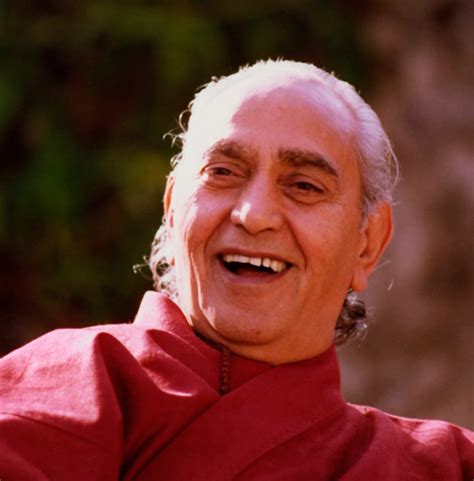A Quote by Saint Augustine
A man may lose the good things of this life against his will; but if he loses the eternal blessings, he does so with his own consent.
Related Quotes
We may not know when or how the Lord's answers will be given, but in His time and His way, I testify, His answers will come. For some answers we may have to wait until the hereafter. This may be true for some promises in our patriarchal blessings and for some blessings for family members. Let us not give up on the Lord. His blessings are eternal, not temporary.
The general consent of all that sect is that God (by his foreknowledge, counsel, and wisdom) has no assured election, neither yet any certain reprobation, but that every man may elect or reprobate himself by his own free will, which he has (say they) to do good or evil ... [All these things are] forged by their own brains, and polished by the finest of their wits, when yet in very deed they are but the rotten heresies of ... Pelagius, long ago confuted by Augustine.
The one who confidently looks forward to an eternal reward for his efforts in mortality is constantly sustained through his deepest trials. When he is disappointed in love, he does not commit suicide. When loved ones die, he doesn’t despair; when he loses a coveted contest, he doesn’t falter; when war and destruction dissipate his future, he doesn’t sink into a depression. He lives above his world and never loses sight of the goal of his salvation.
We are recipients of God's choicest blessings. We enjoy an abundance of material things beyond that enjoyed by any other nation in the history of the world; but unless we keep alive a realization that all these blessings come from God and are a part of our great spiritual heritage, they may crumble as ashes in our hands. "In nothing doth man offend God, or against none is his wrath kindled, save those who confess not his hand in all things and obey not his commandments."
Only when there is a wilderness can man harmonize his inner being with the wavelengths of the earth. When the earth, its products, its creatures, become his concern, man is caught up in a cause greater than his own life and more meaningful. Only when man loses himself in an endeavor of that magnitude does he walk and live with humanity and reverence.
If an enthusiastic, ardent, and ambitious man marry a wife on whose name there is a stain, which, though it originate in no fault of hers, may be visited by cold and sordid people upon her, and upon his children also: and, in exact proportion to his success in the world, be cast in his teeth, and made the subject of sneers against him: he may, no matter how generous and good his nature, one day repent of the connection he formed in early life; and she may have the pain and torture of knowing that he does so.
A man of the best parts and greatest learning, if he does not know the world by his own experience and observation, will be very absurd, and consequently very unwelcome in company. He may say very good things; but they will be probably so ill-timed, misplaced, or improperly addressed, that he had much better hold his tongue.
The only distinction between freedom and slavery consists in this: In the former state a man is governed by the laws to which he has given his consent, either in person or by his representative; in the latter, he is governed by the will of another. In the one case, his life and property are his own; in the other, they depend upon the pleasure of his master. It is easy to discern which of these two states is preferable.
The wise man does nothing but what can be done openly and without falseness, nor does he do anything whereby he may involve himself in any wrong-doing, even where he may escape notice. For he is guilty in his own eyes before being so in the eyes of others; and the publicity of his crime does not bring him more shame than his own consciousness of it.
Let no one imagine that he will lose anything of human dignity by this voluntary sell-out of his all to his God. He does not by this degrade himself as a man; rather he finds his right place of high honor as one made in the image of his Creator. His deep disgrace lay in his moral derangement, his unnatural usurpation of the place of God. His honor will be proved by restoring again that stolen throne. In exalting God over all, he finds his own highest honor upheld.









































